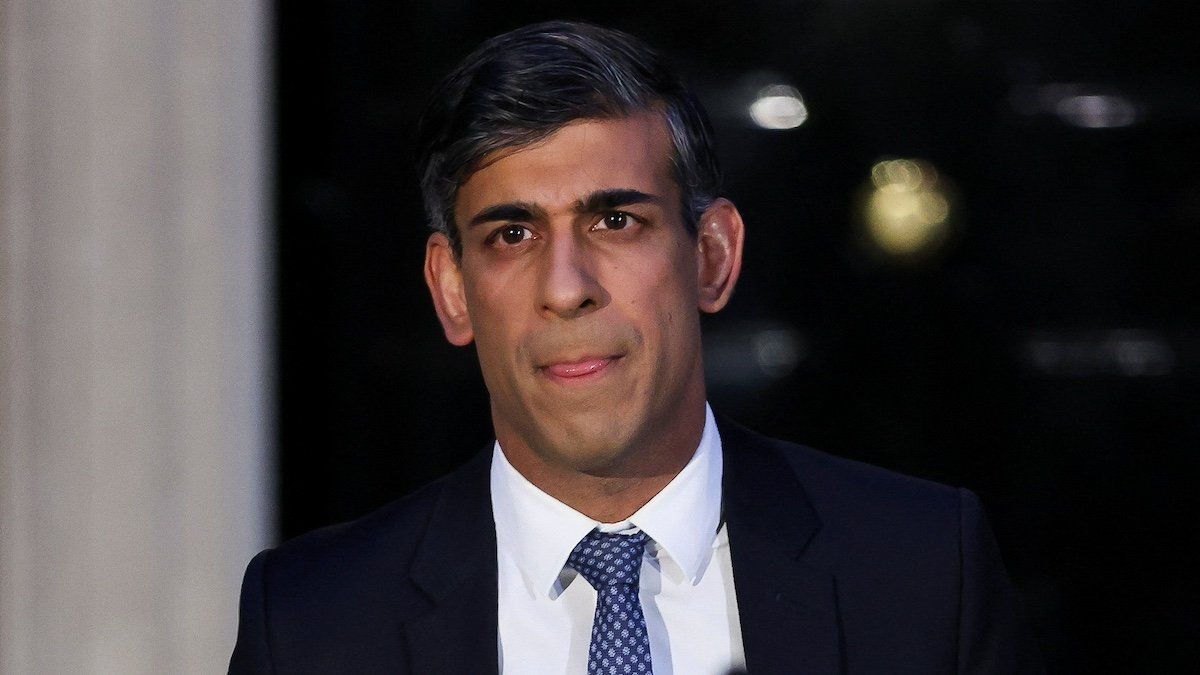The United Kingdom takes a hands-off approach to regulating AI technology — especially in relation to its European Union counterparts. Now, Prime Minister Rishi Sunak’s government is also using the tech to try to improve its own bureaucratic processes.
The government announced it will trial some AI tools — namely, a government-licensed version of ChatGPT, as well as various open-source tools — to analyze comments on public policy documents and draft responses to parliamentary questions. The government says there will always be a human vetting whatever the AI systems generate.
Deputy Prime Minister Oliver Dowden said that AI wouldn’t be used in “novel or contentious or highly politically sensitive areas,” but rather for “routine policy tasks.” The initiative is being trialed and will be followed by a separate pilot program with the National Health Service to develop precision-based medicine and diagnostics and to root out fraud.
This isn’t the flashiest use of artificial intelligence. Still, it may be among the most useful — in an ideal world, the public enjoys a more agile and responsive government (and staffers get more interesting work). That said, we’ll have our eye out for hallucinations and gobbledygook that make it past the human gatekeeper.
